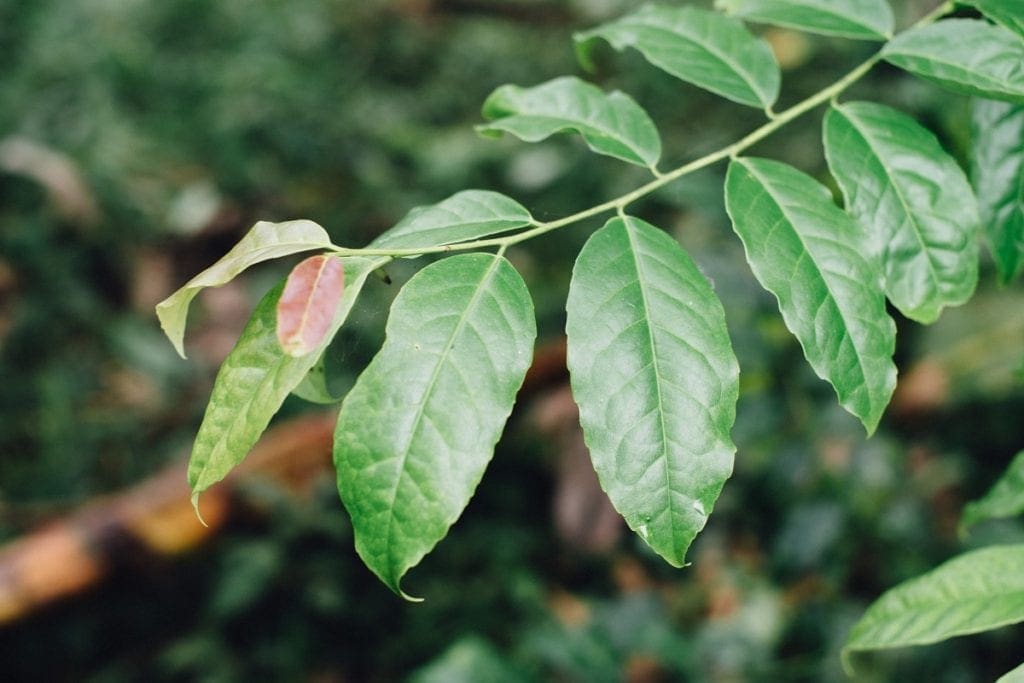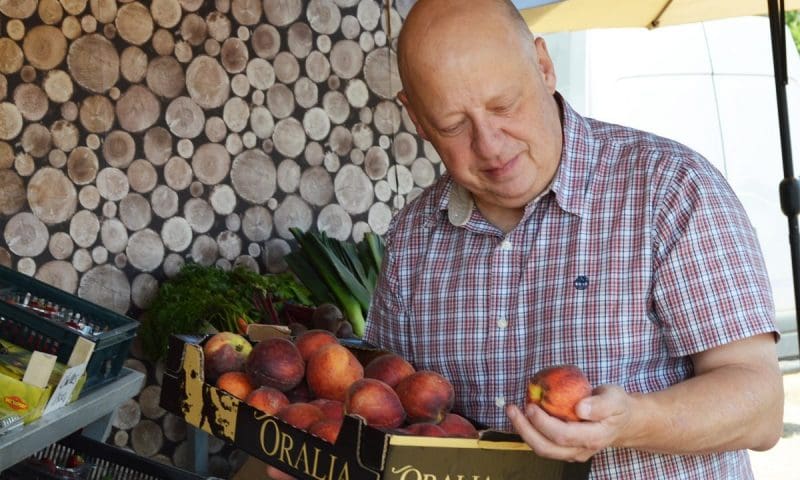Register to get 2 free articles
Reveal the article below by registering for our email newsletter.
Want unlimited access? View Plans
Already have an account? Sign in
Plant-based diets are all the rage. However, they’re much more than just another eating fad. They appeal to a growing number of people that aren’t just interested in health and wellbeing, but who are also concerned about sustainability and living more ethically.
This is reshaping menu choices and is now a trend that’s changing the nation’s relationship with one of its favourite drinks; the humble cup of tea.
The popularity of plant-based diets encourages people to think more about how they fuel themselves and sustain their energy. At the same time, people are looking to influencers like athletes and celebrities to see what food and drink choices they’re making. This is leading to a rise in energy teas.
Chelsea FC’s latest signing, Argentinian Gonzalo Higuaín, was recently pictured in national media drinking yerba mate (ma-teh) tea on his first day of training in London. This follows widespread reports last summer of England’s World Cup footballers turning to mate tea for healthy energy boosts. Other well-known energy tea fans reportedly include Barack Obama, Madonna and even the Pope.

Yerba mate and its cousin leaf, guayusa (gwhy-you-sa), are native South American plants. They’re renowned for their naturally high caffeine content. In fact, the guayusa plant is the second most caffeinated in the world. The leaves brewed as tea prove popular with athletes due to the high concentrations of caffeine as well as theobromine. These provide a mild stimulating effect and a long-lasting, sustained release of energy.
It’s for these reasons that consumers are now choosing plant-based energy teas in favour of their typical choice of a caffeine hit, coffee. Guayusa offers the same amount of caffeine as a cup of coffee and also contains L-theanine, an amino acid responsible for increasing alpha brain wave activity, which promotes relaxation. This unique blend of caffeine and L-theanine, naturally released from the leaf, results in a balanced energy effect and doesn’t leave drinkers experiencing the jitters, drowsiness or energy crash they’d usually get from coffee.
Amazonian tribes have been drinking guayusa tea infusions for centuries to keep them alert when hunting. While today’s busy, on-the-go consumers may not need plant-based energy for charging through rainforests, they do value how it naturally boosts concentration.
Herbal teas gave tea a resurgence throughout the catering trade, challenging coffee’s sophistication and offering drinkers a wide array of exciting flavours beyond Breakfast Tea and Earl Grey. However, it’s the overwhelming health and wellbeing benefits of plant-based energy teas that really set this new wave of teas apart from their herbal counterparts – guayusa has 100% more antioxidants than green tea – and their versatility that’ll drive market growth.
Yerba mate and guayusa tea leaf fusions can be served with an air of theatre in bars, coffee shops and restaurants. The same drinks can also be effectively canned to provide consumers with a natural on-the-go energy drink. This makes the drinks more convenient and provides people with a low-sugar and calorie alternative to synthetic energy drinks and a more refreshing choice over coffee.
The natural tastes of plant-based drinks are attracting new drinkers that are willing to try something different. Looking beyond mate and guayusa, this is driving the multi-billion-pound growth of hemp-based CBD drinks and also leading to the emergence of canned matcha tea drinks – a nutrient-rich green tea.
Such plant-based energy drinks also appeal to environmentally conscious consumers. For example, guayusa plants are extremely sensitive to light, meaning their growth and harvesting benefits from the naturally thick canopy of the Amazon rainforest. This factor, along with the huge popularity of the teas in South America, has led to widescale reforestation projects covering more than one million trees in Ecuador. As guayusa leaf exports grow, so do the ecological programmes. This is one of the fundamental reasons why we donate 10% of profits from sales of Yusa – the UK’s first guayusa energy drink – to Amazon conservation projects.
Plant-based eating and drinking is gathering increasing momentum and is changing people’s relationship with food and drink. They want their food and drink choices to have maximum health and wellbeing benefits, with minimal environmental impact.
By Andy Bell, co-founder of the UK’s first guayusa energy tea brand, Yusa



















